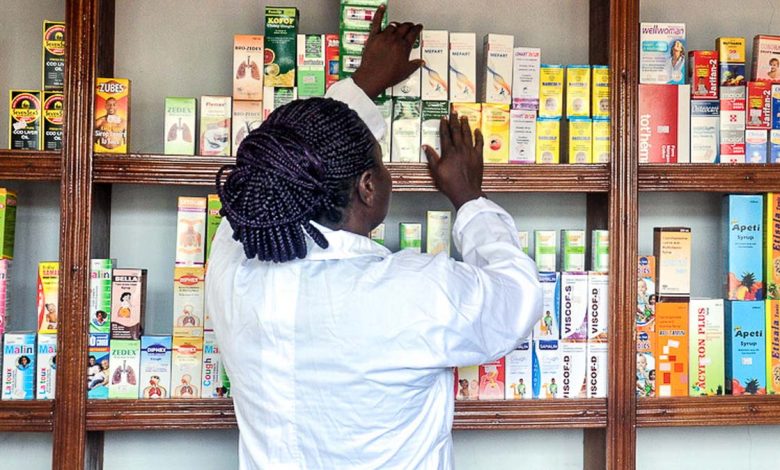
The departure of pharmaceutical giant GlaxoSmithKline (GSK) from the Nigerian market has triggered an alarming surge in medication costs, reaching up to 1000% increases in some cases.
The dramatic escalation in drug prices has incited widespread concerns among Nigerians, especially regarding healthcare accessibility and affordability.
GSK’s exit, announced on August 3, impacted the availability of critical medications and vaccines as the company shifted from direct commercialization to a third-party distribution model due to operational challenges.
Factors like difficulty maintaining consistent supply, foreign exchange scarcity, insecurity, fuel subsidy removal, and the high cost of doing business in Nigeria were cited as critical reasons for GSK’s strategic shift.
The aftermath of GSK’s departure has led to a noticeable scarcity of their drugs across the country, creating significant challenges for community pharmacies in procuring these essential medicines, particularly in Lagos.
Speaking anonymously to Nairametrics, Pharmacists, due to fear of reprisals, attributed the soaring drug prices to foreign exchange rate fluctuations, the departure of pharmaceutical companies like GSK, and subsequent shortages leading to increased demand and prices.
They expressed grave concerns about customers resorting to cheaper alternatives or sacrificing essentials to afford vital medications.
One pharmacist stated, “Prices are soaring because of the major issue of the foreign exchange rate, then companies that left Nigeria, for instance, GSK, and they control most of the market products, something Nigerians are not really aware of. We also have companies planning to leave, so there will be more shortage of medicines leading to price increase.”
Another added, “The scarcity of these medicines creates an increase in demand, which leads to an increase in prices of medicines. If these companies left the country and directly imported medicines, they wouldn’t be this expensive, but based on exchange rates and certain government policies on importation, that’s why they are expensive.”
Feeling the brunt of the price hikes, customers are compelled to make sacrifices, potentially jeopardizing their health by forgoing regular medication use due to unaffordability.
Pharmacists implored the government to address the foreign exchange rate, entice departed companies back, support local pharmaceutical manufacturers, and ensure accessible healthcare in government hospitals to mitigate the crisis.
Another pharmacist emphasized the need for accessible healthcare: “The government should also make healthcare available to all, especially in government hospitals, so Nigerians can have access to more affordable drugs.”
The implications of GSK’s exit mean increased medical expenses for bacterial infections, impacting affordability and accessibility. Additionally, GSK’s role as a primary supplier of asthma medications translates to heightened costs for asthma patients, aggravating their challenges amid economic hardships and medication scarcity.
